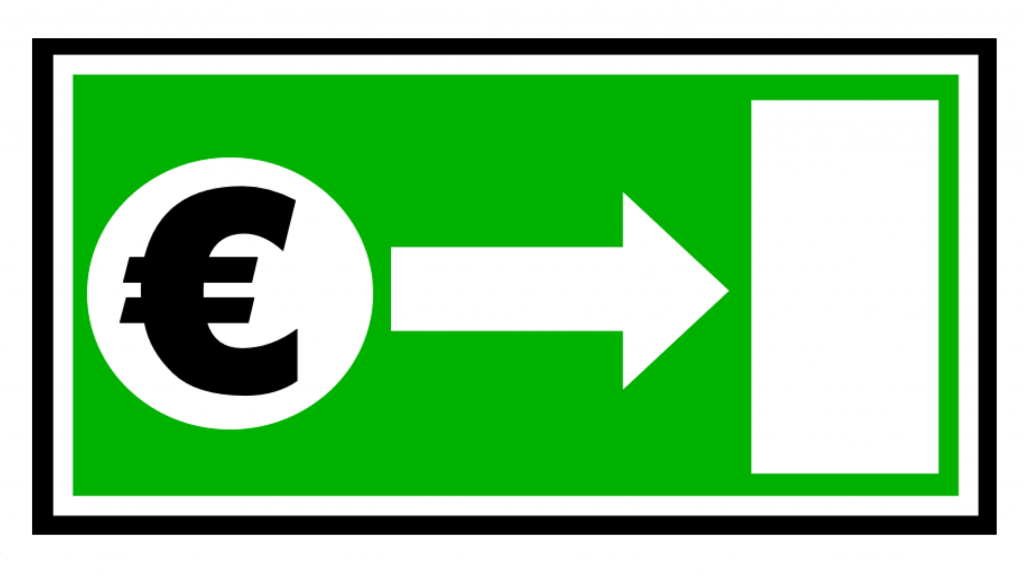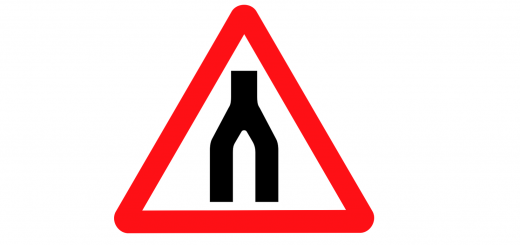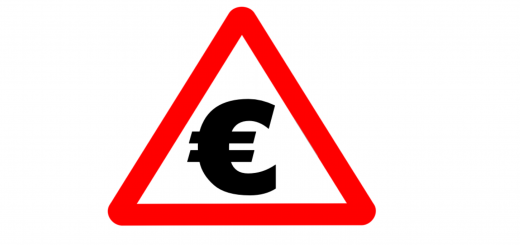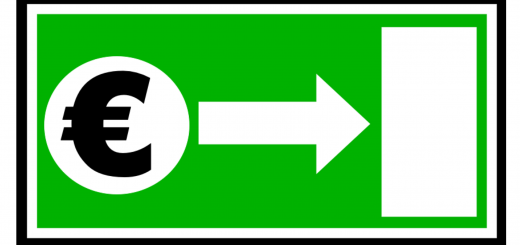Always tax actual profits in the consuming country

Taxing royalties and interest as profit and limiting amortization of future investments can solve most of the ways to avoid tax. In order to close all loopholes, there just needs to be a solid way to prevent profits from being shifted through normal costs. The so-called “transfer pricing” is the main way this is done. This means that goods are delivered on paper at cost price to a sister company in another country and are then compulsorily bought back at market value.
The land that produces and buys it back cannot make a profit. In the first step because they have been paid by the sister company what it costs to produce and in the second step because they receive what they have been obliged to pay for it from their sister company. The intermediate amount is the profit, which remains in the sister company that has sold it for much more than it bought it for. In the country that both put the effort into production and paid for the actual sales by consumers, the proceeds from the profit are not shared. This is so clearly taking advantage of loopholes that a simple ban should suffice.
The international tax principle should be that the profit is made in the country where the revenue is generated or where the added value is provided. Where the revenues have been generated can be determined by payment by the consumer, or by payment by the marketing to a consumer. The consumer can also be a company when it comes to selling business to business. Whether the profit ends up in the producing or the consuming country is in principle up to the free market. That works until a supplier is a dominant player in the world market and can thus shift profits between subsidiaries. For those situations, the money must be taxed at source, so on the consumer’s side. After all, most prices are based more on what the fool gives than what it costs to make it.
The country where the final invoice is paid therefore receives the profit. As described earlier, royalties and interest are a form of profit distribution and are therefore already taxed in the consuming country. So the profit can only be moved by charging an invoice that is too high. In a free market, the amount of the invoice is determined externally, making the distribution a given. With an internal invoice it can be difficult to determine the correct amount and a rule is therefore required. The profit may be distributed as you see fit, provided the tax burden is equal on both sides. If the tax burden in the producing country is lower, the difference is taxed in the consuming country. In this way the tax is always the same as the tax if all were produced in the consuming country. Settling in a tax haven is then no longer useful. Countries with good tax legislation can then no longer be squeezed out.
For this to work, more transparency will be needed about paying taxes in different countries. But actually all those countries only have something to gain, because they all suffer from being played off against each other. If the Netherlands levies tax on the part that is otherwise under-levied by another country, this money may have been collected on behalf of that country and be transferred. It can also be deposited in a development pot for disadvantaged regions if the producing country does not need it. After all, it is no more than a fine for tax avoidance.
What must especially be prevented is that profits arising from expenditure in a consuming country disappear entirely from that economy to a tax haven. Ultimately, it is better for the economy if the money is spent in the country itself, or is paid to the tax authorities and then spent again. The circulating of the money ensures economic growth and prosperity growth. Potting it in a place where it will never be paid out will only cause stagnation.







2 reacties
[…] English version […]
[…] to find a way to make this more affordable by the state. That way has now been found and concerns closing loopholes in the law and no longer allowing certain tax advantages for companies. This means that the tax that is levied […]